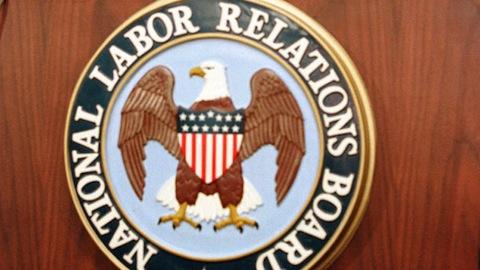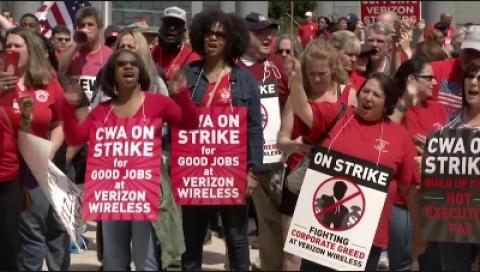Mississippi's Anti-LGBTQ Segregation Law Is on Thin Legal Ice
Slate

Reeves’ injunction barred all “agents, officers, employees, and subsidiaries” of Mississippi from treating same-sex couples differently from opposite-sex couples. HB 1523 explicitly contravenes this order, granting circuit clerks the total freedom to turn away same-sex couples while continuing to license opposite-sex couples.









Spread the word